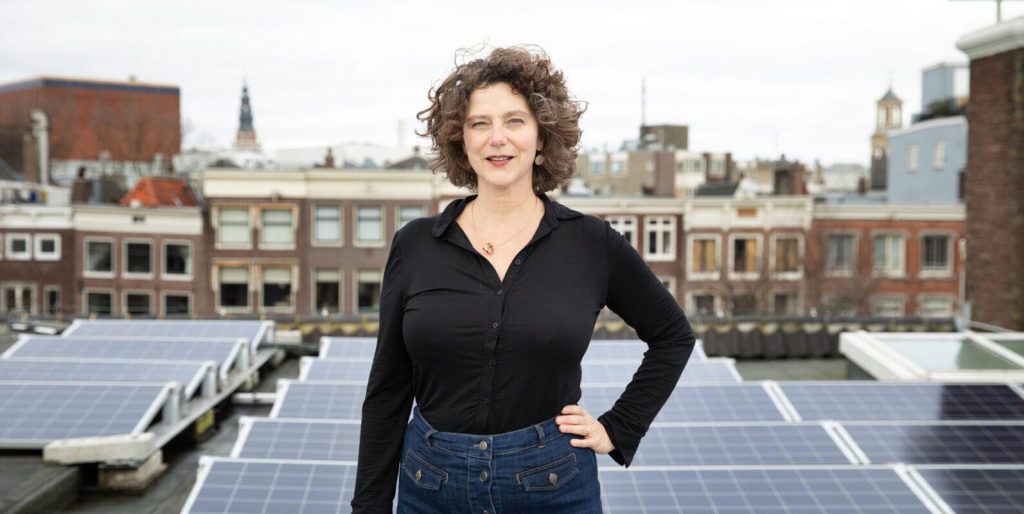Fireside Chat with Marieke van Doorninck, Amsterdam’s Former Deputy Mayor
June 28, 2023
The myriad of environmental issues lying before us marks a moment where diversity of thought is more important than ever. As the next generation of innovators, the UNC Burch Fellowship program had a one-on-one fireside discussion with Amsterdam’s former deputy mayor, Marieke van Doorninck. Despite her current role, Ms. van Doorninck has had an unusual and unique career, one marked by distinct changes in focus and scope.
Ms. van Doorninck’s journey in the policy and public affairs space began in 2005 as a consultant for the La Strada International NGO. During her time there, she worked to train local aid workers in international human rights law. The intention behind such an audacious undertaking was the creation of a well-informed network capable of reporting on the effectiveness of human trafficking policy. In 2015, van Doorninck left La Strada to take a position at Oxfam Novib, working to address poverty and civil rights gaps. After working there until 2017, she once again accepted a new position at ASKV Refugee Support. In this organization, van Doorninck and her colleagues endeavored to improve refugee regulatory policy. Finally, in 2018, she became the deputy mayor of Amsterdam and head of the Urban Development and Sustainability committee. While employed in this capacity, van Doorninck helped design Circular Amsterdam, a plan to transform the city’s economy from one of linearity to one of circularity. Furthermore, she helped stimulate the creation of over 70 circular projects across the city. She served in this capacity until this year.
On February 1st, Ms. van Doorninck became the newly appointed director of Kennisland, a research institute interested in social innovation. Founded in 1999, they are specialists in lobbying, leadership development, incubator space development, and social lab constructions. Our group was incredibly lucky to have a chance to speak with her one-on-one today. I was honored to be the conversation’s moderator. Despite my initial trepidation about speaking with her, Ms. van Doorninck was an excellent conversationalist and proved to be one with a deep well of knowledge. Over the course of an hour, the conversation covered dozens of topics, many of which our group had not yet examined closely. Keying in on the circularity of the economy, van Doorninck made it clear that such a system was necessary to increase social well-being and quality of life. Creating a “thriving” society instead of a “growth” society meant readjusting much of the West’s current notions about economic success. No longer should advancement be measured in profit margins and GDP; instead a roof over one’s head, access to food and water, and a political voice should be the goals. Yet, how do we as the next generation turn words into action? Van Doorninck had some outstanding actionable advice for us too.
Beyond striving to meet basic needs, governments from the local to the federal level need to encourage economic change. According to Ms. van Doorninck, tax system reform was the most effective avenue to create that change. Turning the creation of new goods into a less profitable endeavor while simultaneously rewarding those who operate circularly. Most importantly, though, van Doorninck encouraged all of us to think big, act small, and have fun. Change is not about explosive new innovations. Instead, it’s about each individual act of adjustment made for a brighter future and a more sustainable world.
About the Author
This article was written by Anthony Buckley, Junior (’25), Environmental Science major QES track.
